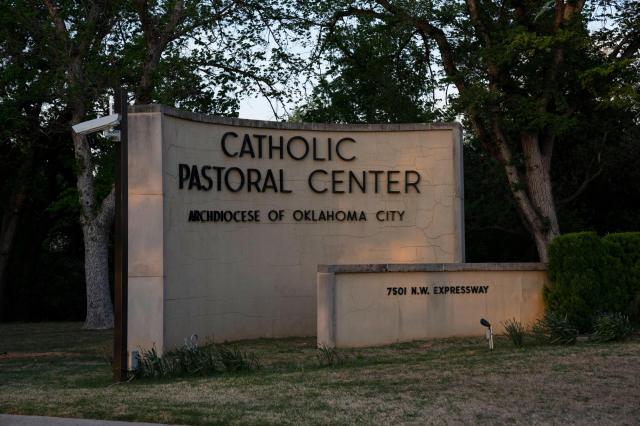Faith, Funding, and Freedom: Supreme Court Weighs Catholic Charter School Controversy

In a bold move that blends education and religious advocacy, the Catholic Church in Oklahoma is seeking public funding for an innovative online charter school with a distinctly Christian mission. The proposed digital learning platform aims to integrate faith-based principles directly into its educational framework, arguing that students should receive instruction that aligns with Christian values.
The church's proposal centers on creating an online educational environment that not only meets academic standards but also reflects what they describe as "teachings of Jesus Christ." This approach challenges traditional boundaries between public education and religious instruction, potentially setting the stage for a significant legal and philosophical debate about the separation of church and state.
By pursuing taxpayer funding, the Catholic Church is attempting to broaden its educational influence while providing an alternative learning option for families seeking a more faith-centered academic experience. The initiative raises complex questions about religious freedom, educational equity, and the role of public funding in supporting faith-based educational models.
As the proposal moves forward, it will likely face scrutiny from education officials, legal experts, and advocates of secular public education, who may challenge the constitutionality of using public funds for a school with an explicitly religious mission.
